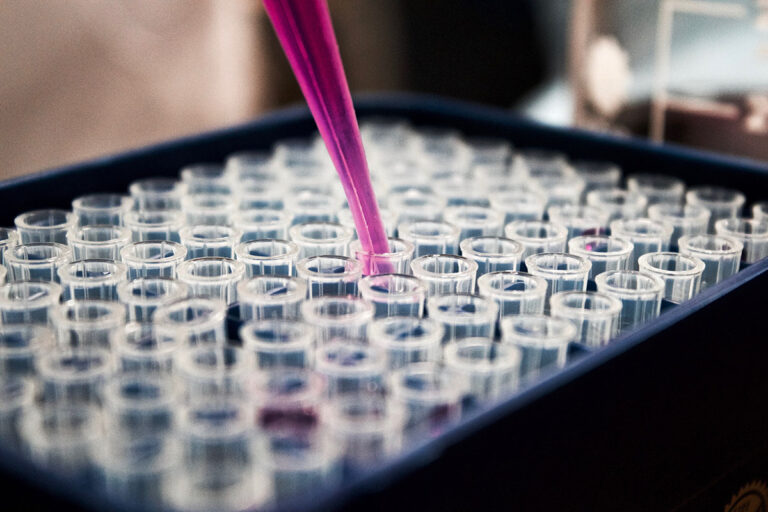The Therapeutic Goods Advertising Code 2021 (the “2021 Code“) came into effect on 1 January 2022, affecting advertisers of therapeutic goods and influencers who promote therapeutic goods. The changes in the Therapeutics Good Advertising Code largely focus on how advertisers represent their products to consumers and have been introduced in an effort to ensure that the promotion of therapeutic goods:
- is ethical and not misleading or deceptive to consumers;
- encourages safe and effective use of therapeutic goods;
- supports consumers in making informed choices; and
- is consistent with current public health campaigns.
What is the Therapeutic Goods Advertising Code?
The Therapeutic Goods Advertising Code sets out the standards and minimum requirements for advertising therapeutic goods and health products to the public. This ensures that the advertising of therapeutic goods and health products is conducted in a way that promotes effective and safe use of therapeutic goods, given consumers rely on the use of these products for their health.
Key Changes in the 2021 Code
- Mandatory Statement Requirements
To ensure advertisements for therapeutic goods do not delay or discourage individuals from seeking medical attention or undertaking prescribed treatment, advertisements must prominently display phrases such as “this product is not available for purchase by the general public” and “ask your pharmacist about this product” for all therapeutic goods that cannot be directly purchased by consumers and are supplied through healthcare professionals and pharmacists.
Advertisers must also ensure that in circumstances where consumers are unable to physically inspect the goods, the advertisements must display and communicate all relevant health warnings.
Advertisers will have to consider how therapeutic goods are supplied to the public and whether consumers can make direct purchases in person or online when preparing advertising materials.
- Prohibition on Incentivised Testimonials and Endorsements
Advertisers are prohibited from using persons who were engaged in the production, marketing or supply of the therapeutic goods (“relevant persons”) from giving testimonials and advertisers are required to disclose any valuable or monetary consideration given for testimonials.
While the requirements relating to testimonials remain largely unchanged in the 2021 Code, the definition of “relevant persons” has been extended to include “influencers, direct sellers, and other persons who have, or will receive, valuable consideration for making the testimonial“.
Put simply, any person who receives valuable or monetary consideration for providing testimonials for therapeutic goods will be considered to be engaging in the marketing of therapeutic goods and advertisers are prohibited from including such testimonials for therapeutic goods.
- Safe and Proper Use
As a response to the 2018 Code, which did not adequately protect consumers from advertisements that caused unnecessary fear and anxiety, advertisements that cause or are likely to cause undue alarm, fear or distress will be prohibited under the 2021 Code.
When Do These Changes Come into Effect?
As of 1 July 2022, all advertisers of therapeutic goods will need to comply with the 2021 Code.
Advertisers who fail to comply with the 2021 Code will risk committing an offence under the Therapeutic Goods Act 1989 (Cth) and may be subject to civil and criminal penalties.
Conclusion
Overall, the changes to the Therapeutic Goods Advertising Code are designed to provide greater clarity for advertisers of therapeutic goods, and to better facilitate the transparency between advertisers and consumers.
It would be prudent for advertisers of therapeutic goods to be aware of the legal requirements which are shaping the advertising sector, and to be proactive in ensuring their compliance with these changes.
If you would like to discuss this article, obtain advice and understand your legal requirements before advertising therapeutic goods, please contact Alec Comino (acomino@lswlaywers.com.au) or William Ma (wma@lswlawyers.com.au) or call either of them on (02) 9279 4888.
Important Disclaimer: The content of this article is general in nature and for reference purposes only. It does not constitute legal advice and should not be relied upon as such. Legal advice about your specific circumstances should always be obtained before taking any action based on this publication.





